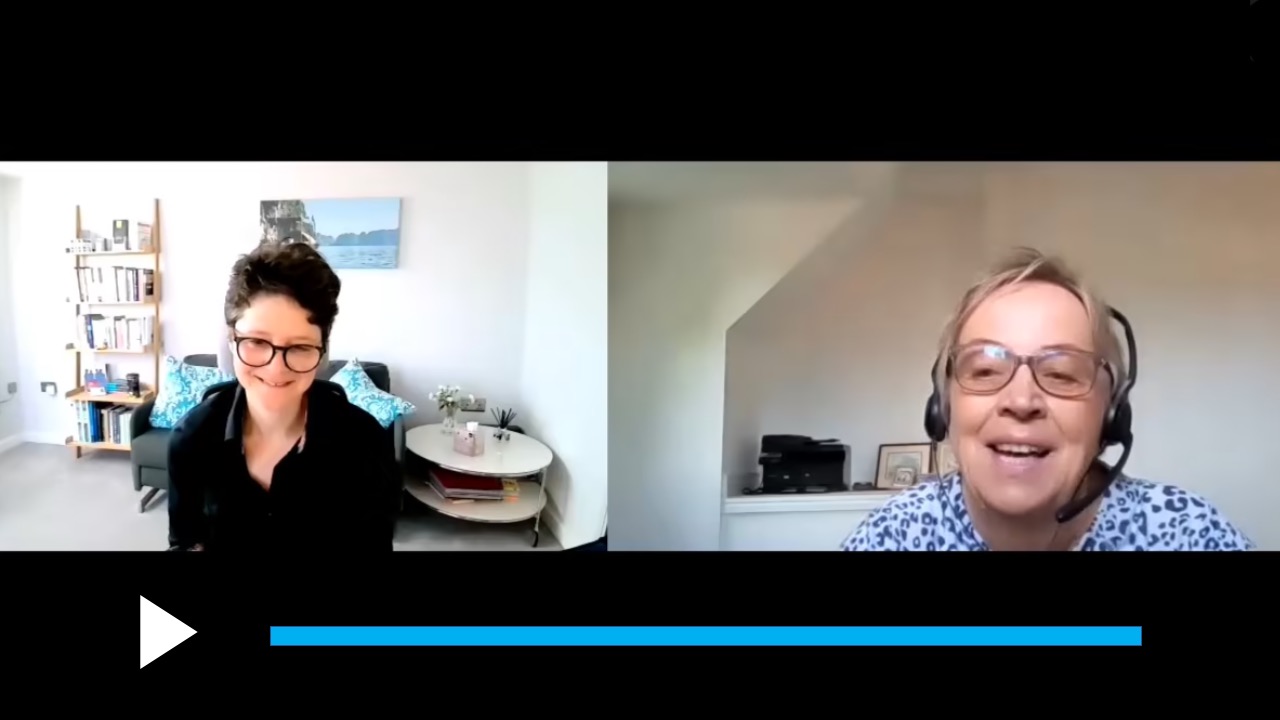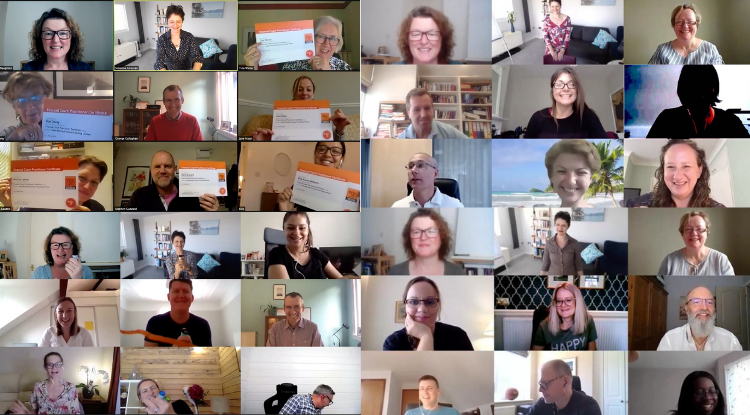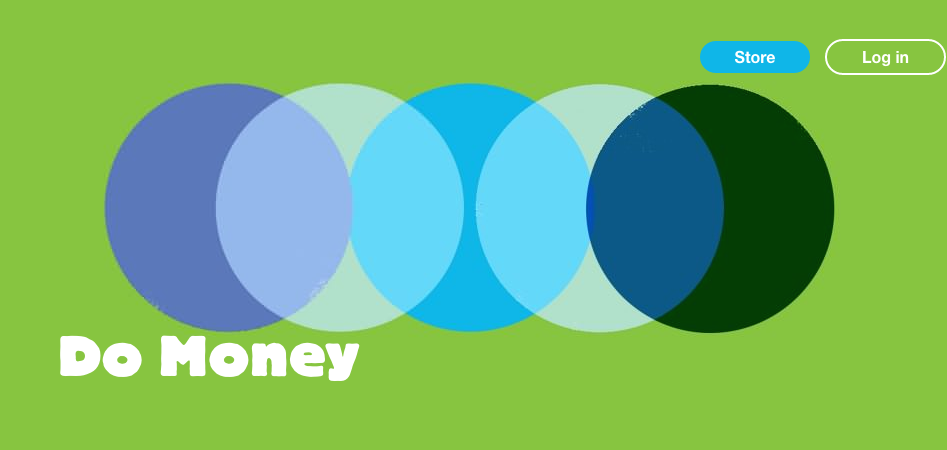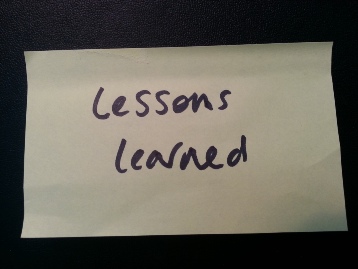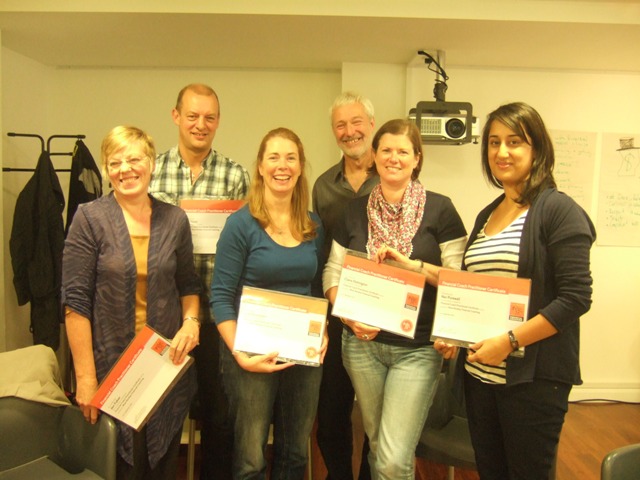"I was hoping we would be taught approaches and tools to help with coaching, guidance on structuring sessions and the cycle of helping a client. The coaching course has far exceeded my expectations. We were in a small group of six students plus Simonne, Jo a psychotherapist and Anne who has wide experience of coaching. We were given a large resource pack, that is organised clearly, each day is outlined with the tasks and materials for the day and the exercises are timed meticulously.
At the beginning of the course, we individually outlined objectives we hoped to achieve. The course has been structured so half the learning is through practical exercises to embed the knowledge and skills we are being taught, as daunting as this has been at times, it has been the most the challenging and promising part of the course. It has alleviated any fear and anxiety you face as a new coach when you are reframing a client’s negative narrative into a more a positive outlook, whilst asking open non-directive questions to uncover motivation, responding or addressing emotional responses or triggers and then leading the client to their own solutions which are informed by financial knowledge – to effect meaningful behavioural change.
Simonne has a wonderfully warm and engaging manner, sharing her contagious enthusiasm and passion for her work. Clearly so much thought has been given on how best to share her knowledge in a way that is easy to follow - despite our different professional backgrounds, experiences and intuition.
The resources and templates that have been honed during Simonne’s 17 years of coaching are shared to maximise learning and effectiveness in coaching, are made available to us all via dropbox afterwards so we can share them with clients.
I have learnt so many transferable skills and benefitted in my own personal development, I will be taking these reflective work practices to other areas of my private and professional life, such as active listening, reframing, and examining any self-limiting beliefs I might have."
Julia
read more





